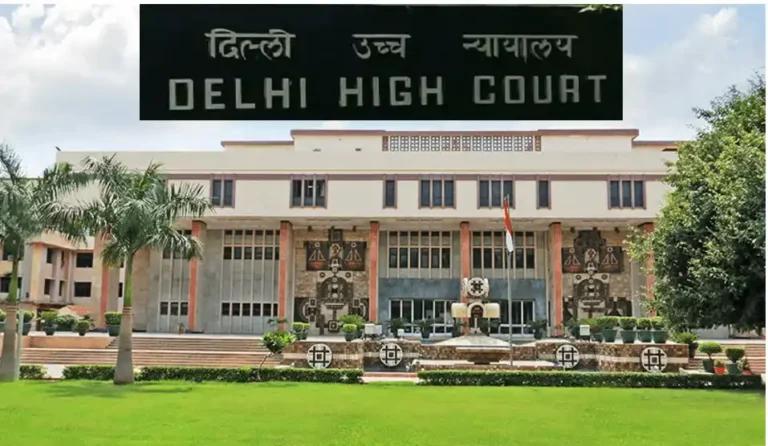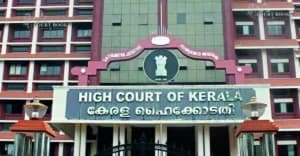The Delhi High Court has strongly criticized the Delhi Government for its negligent approach in filling the vacant positions in the Delhi Commission for Protection of Child Rights (DCPCR), stating that this delay severely affects the functioning of the commission and the protection of children’s rights.
A division bench comprising Chief Justice Devendra Kumar Upadhyaya and Justice Tushar Rao Gedela emphasized that due to these persistent vacancies, the commission is unable to carry out its statutory responsibilities. The court noted that the core functions of the DCPCR are directly related to safeguarding child rights, and the lack of appointed officials is hampering this critical work.
“However on account of vacancies such functions are not being performed as a result of which it is the rights of children which take a back seat. Such a situation resulted on account of callousness on part of the government, can't be appreciated,”
— Delhi High Court
The Court has now directed the Delhi Government to fill all vacancies in the DCPCR within six weeks. In addition, it has ordered that the selection process for appointing members to District Child Units (DCUs) should be completed within eight weeks.
These directions were issued after the Delhi Government's counsel informed the Court that an advertisement had already been published in December of the previous year. The counsel further said that a screening committee has been constituted to examine the applications and a list of eligible candidates would soon be placed before the committee.
Regarding the DCUs, the counsel also assured the Court that interviews for the positions would be scheduled by the end of the month.
Read also: Delhi MLA Amanatullah Khan Challenges Waqf Amendment Bill in SC, Citing Violation of Muslim Rights
“The vacancies in DCPCR and DCUs should not be treated as mere administrative formalities but as crucial for upholding the rights and protection of minor children,”
— Delhi High Court Bench
The Court has listed the matter for further hearing in July, and has made it clear that unnecessary delays will not be tolerated.
This recent hearing is part of a suo motu public interest litigation that the Court has been monitoring since 2018. The case was initiated in light of a Supreme Court judgment, which had highlighted several deficiencies in the implementation of the Juvenile Justice (Care and Protection of Children) Act, 2015.
Additionally, Bachpan Bachao Andolan, a child rights organization, has also filed a plea seeking immediate directions to the Delhi Government. The plea urges the authorities to fill the vacant posts of Chairpersons and Members in all the Child Welfare Committees (CWCs) in Delhi within a set timeframe.
It is important to note that in 2023, a coordinate bench of the Delhi High Court had already directed the Delhi Government to complete the selection process for filling all vacancies in CWCs and Juvenile Justice Boards (JJBs) by April 15, 2024. Despite this, many positions remain unfilled.
“Even after directions from the Court, delays in filling essential child protection roles reflect administrative negligence. Children’s rights cannot be compromised due to official indifference,”
— Court Observation
The Court’s latest intervention underlines the pressing need for the government to take child rights and protection mechanisms seriously. Vacancies in such crucial bodies are not just administrative delays—they are roadblocks in the proper implementation of laws meant to safeguard the future of vulnerable children.















